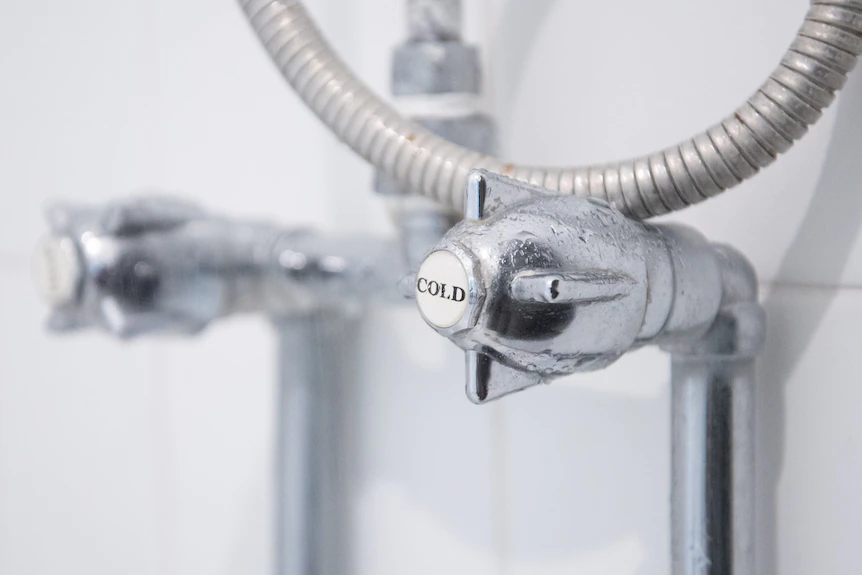Is your water staying hot throughout your shower this winter? Here’s why it might be delivering lower temperatures.
Wintertime is a season when we most need our hot shower. Whether you’re battling the elements at sports training or getting caught in the rain on the walk home, there’s nothing better than a nice, hot shower after a long day to warm you up.
However, there’s also nothing more frustrating than your shower taking forever to heat up. Worse, if you have kids impatiently yelling about it being “FREEEEEZING”.
And just when you do get the temperature just right, the shower starts getting cold again.
First-world problems, we know. But still, we’re here to help! The colder months can be a little tricky when it comes to Adelaide hot water systems, so there are a few reasons why your shower takes too long to heat up or doesn’t stay hot.
In this blog, we’ll go through some of these reasons and what you can do about them.
Distance of your hot water system
If your hot water system is a long distance from the shower, the water must travel a long way through pipes, which could cause it to lose heat along the way. During winter, this happens more frequently due to the cold outdoor temperatures and cold pipes.
If you have recently purchased a new home and are looking to renovate or extend, then this is something to look out for. In newer homes, the proximity of appliances to the hot water system is generally considered part of the original plans. Ideally, your hot water system should be as close to your shower as possible so that there’s less distance to travel, and it’ll be more energy efficient too.
Heat loss through your pipes
Another way your water can lose heat is if the pipes that carry hot water from the hot water system are exposed to cold outside temperatures. In winter, uninsulated pipes can be close to freezing on those cold Adelaide nights, which means your pipes are so cold that it takes a long time to heat them up.
Insulation is the best way to trap heat in the pipes and lower water-heating costs. At Seaview Plumbing, our team of experts can install safe insulation materials to protect your pipes – and keep the water hot. Contact us for a personal discussion of your options and installation.
Your hot water heater too small
If your shower is going cold when other appliances are using hot water in the house, it could be a sign that the hot water service you have may not be big enough to meet your needs.
Determining the size of your hot water system does require a few considerations. How big your system really depends on the number of people in your house, the number of appliances, the size of your solar systems, and a couple of other factors.
For example, if you want to run two showers at once, most homes will need an instant hot water system that’s at least 20 litres minimum or a mains pressure storage hot water unit. But it also depends on the hot and cold inlet pipe sizing and gas pipe sizing for gas units. A professional plumber would be able to assess each home and determine the size of the hot water system needed.
A poorly maintained hot water unit
Last but most important, your winter hot water issue may be with the hot water system itself. If the water just doesn’t heat up to the temperature you expect, then it’s time to have it inspected. Sometimes, showers that don’t heat well enough could be a symptom of a broken hot water system that needs attention.
Broken hot water systems could be as simple as a leaky valve or a more significant problem like a faulty element or thermostat. Most hot water systems will last around 10 to 15 years, and sometimes even to 20 years, but this all depends on the unit itself and how regularly it is serviced.
Winter is the most crucial time when you need a functioning hot water system. So it’s important to get it serviced regularly to avoid the freezing temperatures and reward yourself with a nice and long hot shower!

